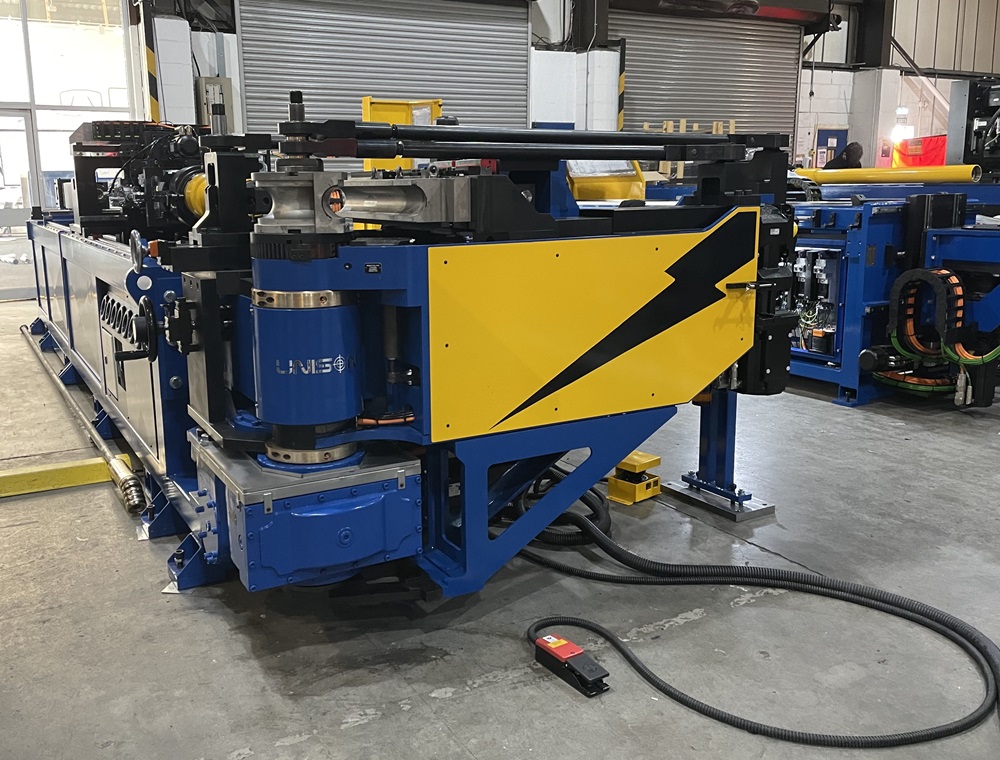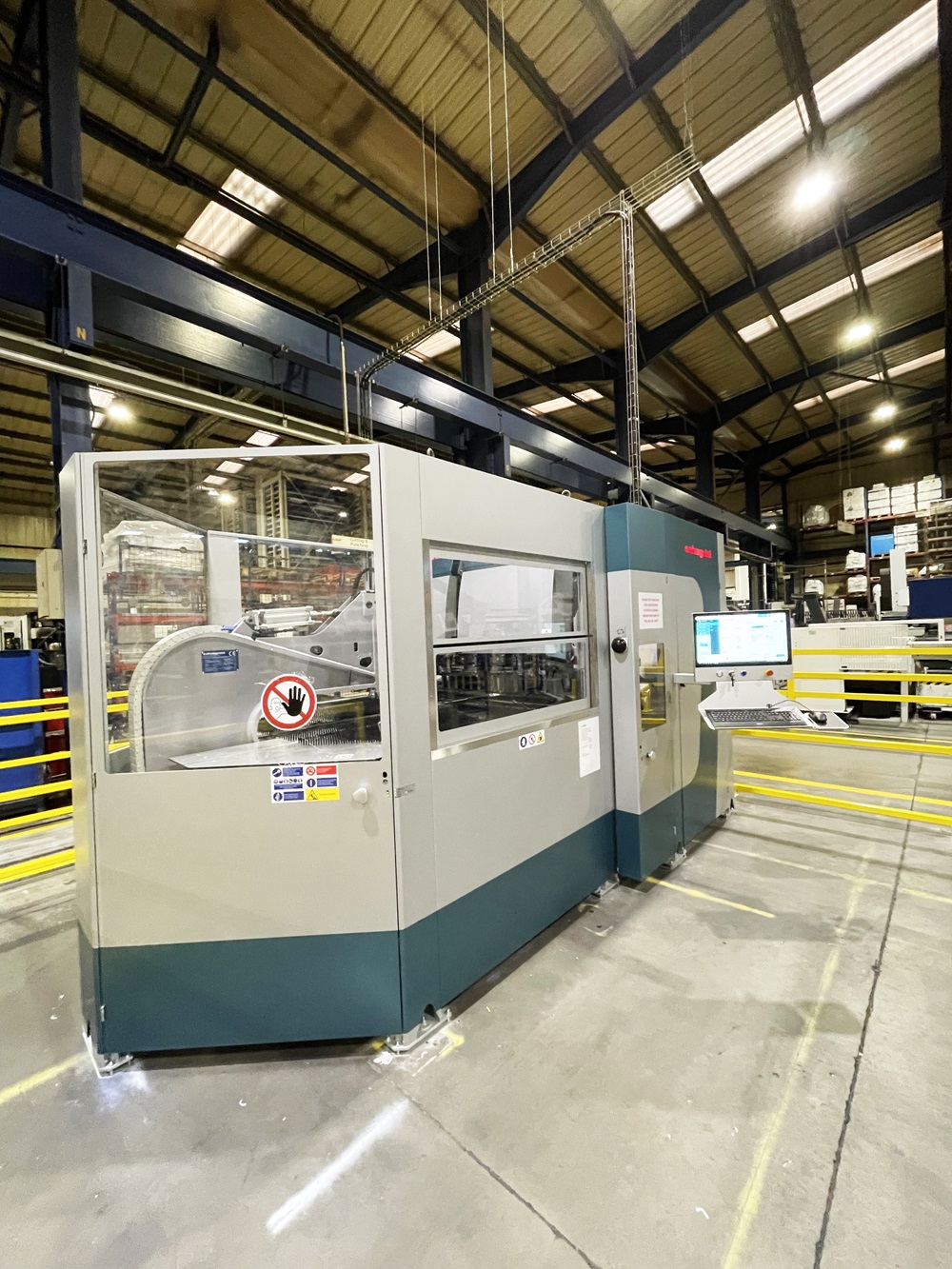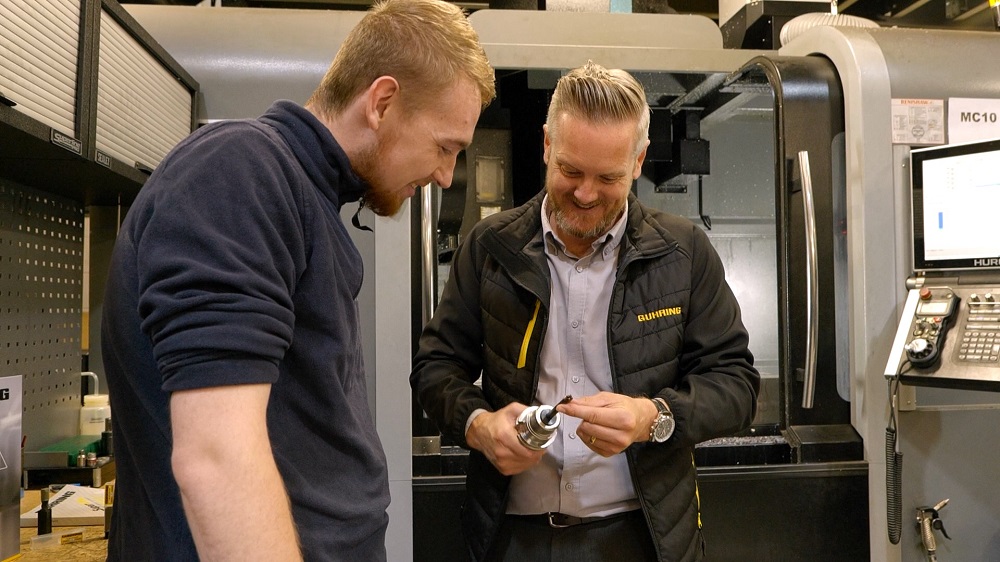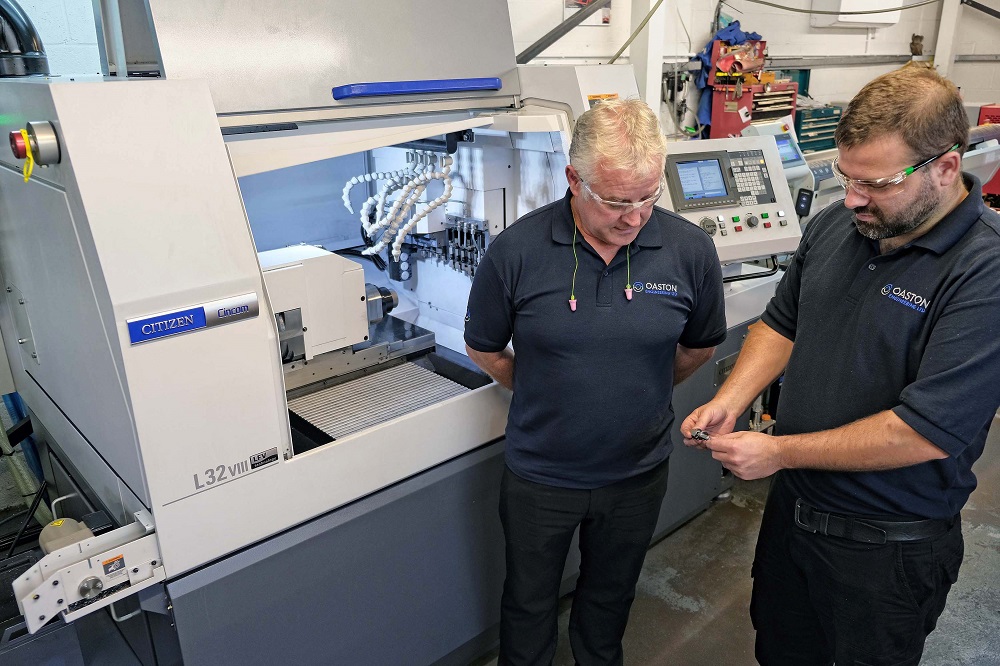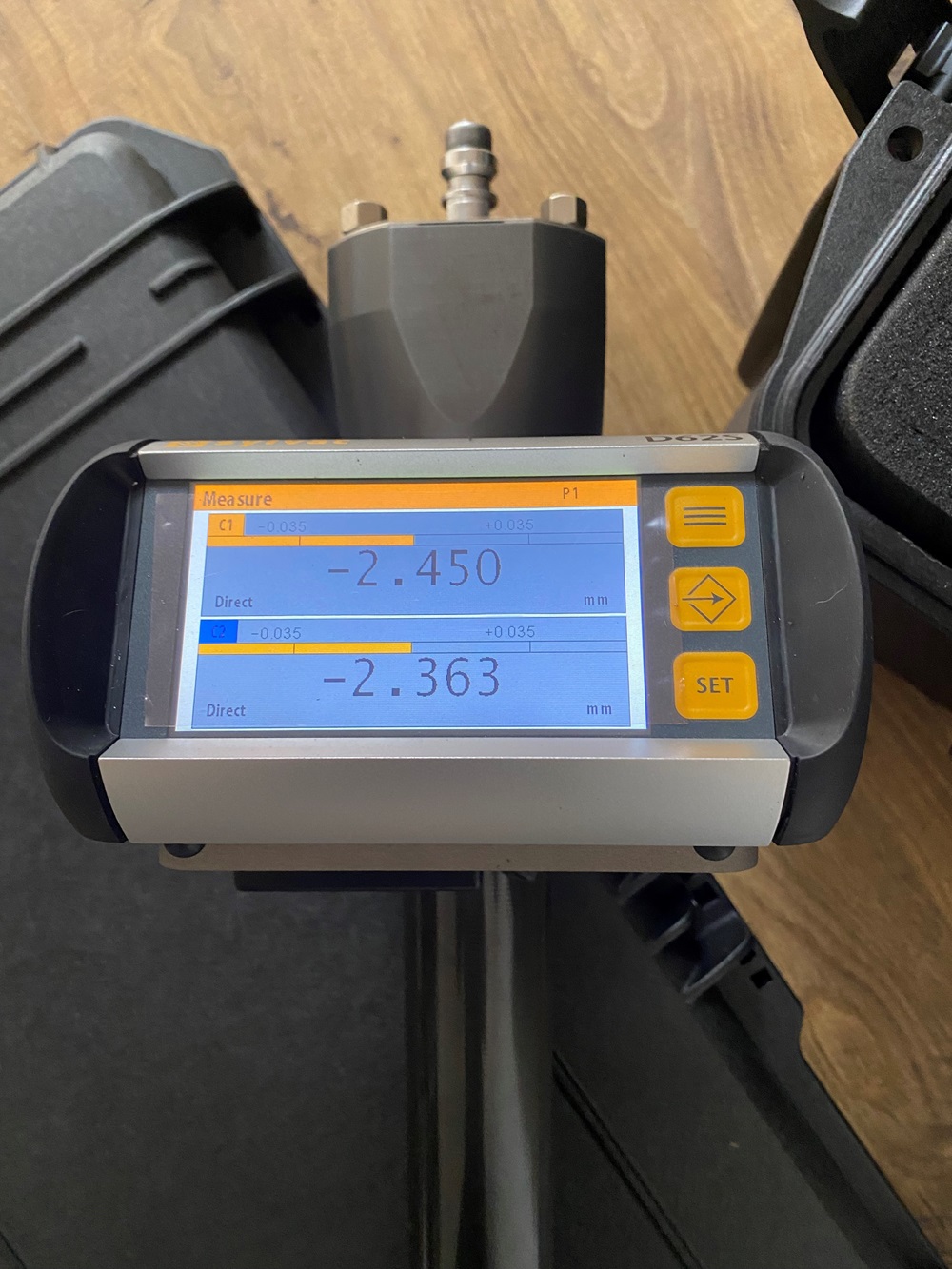Wisconsin-based Sharpe Products, a North American specialist in custom tube and pipe bending and tube laser cutting, has invested in an all-electric Unison Breeze CNC tube bending machine: a 100 mm single-stack model. It will be the ninth Unison Breeze tube bender purchased by Sharpe Products since 2003, providing additional capacity when bending tubular components for the company’s customer base.
Sharpe Products and UK-based tube bending machinery manufacturer Unison Ltd have a long and proud history of working together. Sharpe’s president and CEO, Paul Krickeberg, was an early convert to the idea of all-electric tube bending and bought one of the very first British-built Unison Breeze machines in the United States.
“This latest Unison Breeze tube bending machine will help to support our ability to offer short lead times and consistent results; attributes that are essential to our customers,” he says. “We’ve worked with Unison for numerous years and look forward to leveraging the advantages of this next-generation machine at our plant.”
Stuart Singleton, VP of Unison Tube LLC, adds: “Equipped with the latest version of our Unibend control system, the new Breeze machine will deliver cycle time improvements in the region of 25% compared with earlier versions. It also incorporates innovative new teach routines and simulation features.”
Just like all Unison Breeze tube bending machines, the latest model offers rapid set-up, fast tooling changes, high power, rigid mechanical design and all-electric control for right-first-time repeat subcontract work, or immediately after producing a single trial part.
Other single-stack Unison Breeze machines operated by Sharpe Products include 80 mm and 100 mm variants. Sharpe also has 76, 80 and 130 mm multi-stack Breeze machines.
For further information www.unisonltd.com






